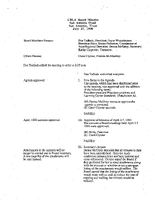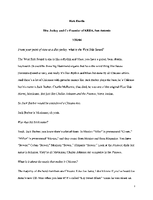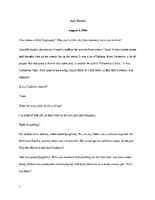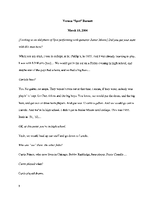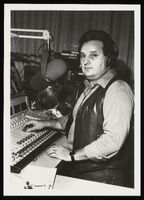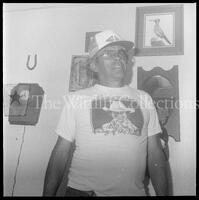Allen Olsen interviews Jack Barber.
He talks about his family and early music career playing with other musicians, including Doug Sahm, in the East Side/San Antonio area. He explains the money problems he would face when he was in the band with Doug. He talks about his music career in Texas after moving back from Vegas. He briefly mentions meeting Bob Dylan and not liking his music. *He says a slur (N word) regarding his music compared to Bob's.* He talks about working with Doug, George R., and others, discussing how there was a ""curse"" that they played well together, but couldn't get along. He gives his opinions on what West Side Sound is, and talks about both R&B and conjunto music. He explains the band, the West Side Horns. He talks about Black music on the radio. He shares stories how his Black companions have experienced racism. He gives his opinions on people playing music that derives from another ethnicity. He talks about reading music.


